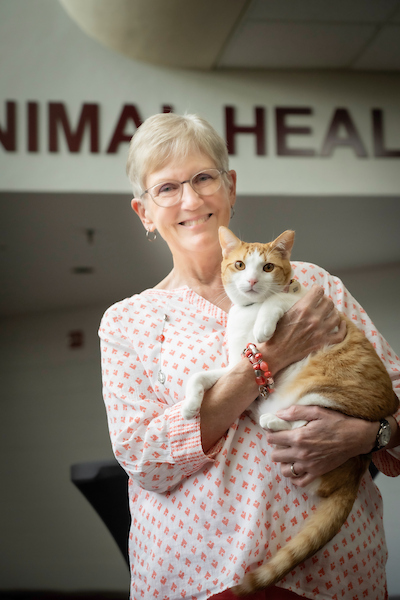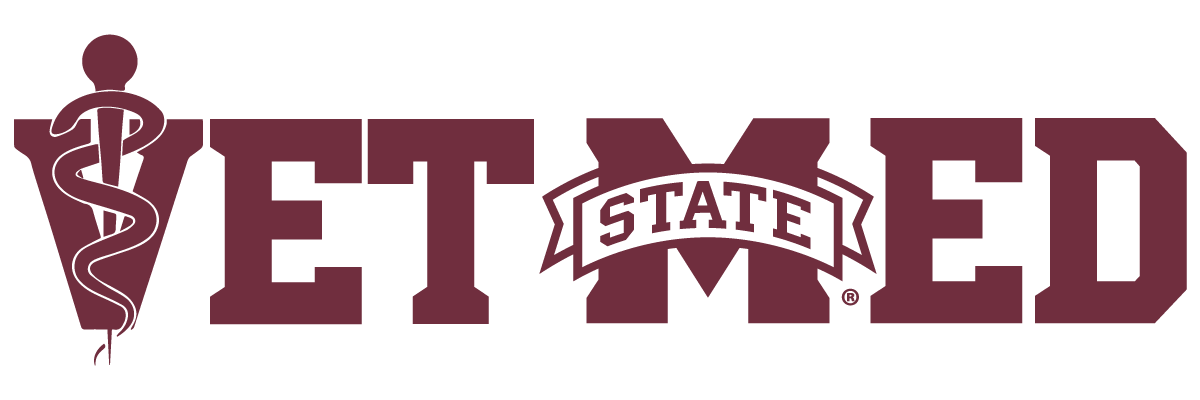Over the last three decades, few people have witnessed and shaped as much growth at Mississippi State’s College of Veterinary Medicine as Dr. Sharon Grace. From the early days of chalkboards and handwritten notes to today’s tech-enhanced classrooms and diverse student body, she has seen the college transform into a dynamic, nationally recognized institution. But beyond the building renovations and growing class sizes, her impact is most clearly seen in the lives of her students, the animals she’s cared for, and the programs she has brought to life.
“When I first started, we had around 30 students per class—mostly men from Mississippi,” she said. “Now, we’re almost to 120 students per class, mostly women, and from across the country and even the world.” As the college has grown, so has its commitment to inclusive education, global outreach, and community-centered programs.
One of Grace’s proudest achievements has been improving the college’s National Veterinary Licensing Examination pass rates through the development of a focused review course. “Being given the freedom to build something that has a real impact on accreditation and student success has been incredibly rewarding,” she said.
But perhaps her deepest passion lies with a quieter population, cats. As one of the early advocates for feline-specific medicine at MSU CVM, she developed one of the college’s most popular electives, The Feline Patient, which started with just a few curious students and grew into a beloved course over the years. Her devotion to feline care is not just academic; inspired by her father, a fellow cat lover, she pursued specialty training and became board certified in internal medicine, later co-authoring what is now one of the most widely used feline medicine textbooks in the world.
Grace’s approach to feline care is rooted in empathy. “Fearful cats aren’t being bad, they’re scared,” she explains. “The way we enter a room, speak to them, even how we move, it all matters. Taking a mindful approach requires a commitment to understanding them as a species.”
That same compassion led Grace to create the Safe Haven for Pets program in 2009. The program offers temporary shelter and care for pets belonging to domestic violence survivors, ensuring families can escape unsafe environments without leaving beloved animals behind. The program is entirely funded by donations and has sheltered over 250 animals and provided more than 8,000 days of care since its inception. It has become a model of how veterinary medicine can support social services.
As Grace reflects on her career, she’s most grateful for the opportunities she’s had to make a difference. “If I could tell my younger self one thing, it would be: be confident and at peace when you’ve done your best, no matter what anyone else said.”

